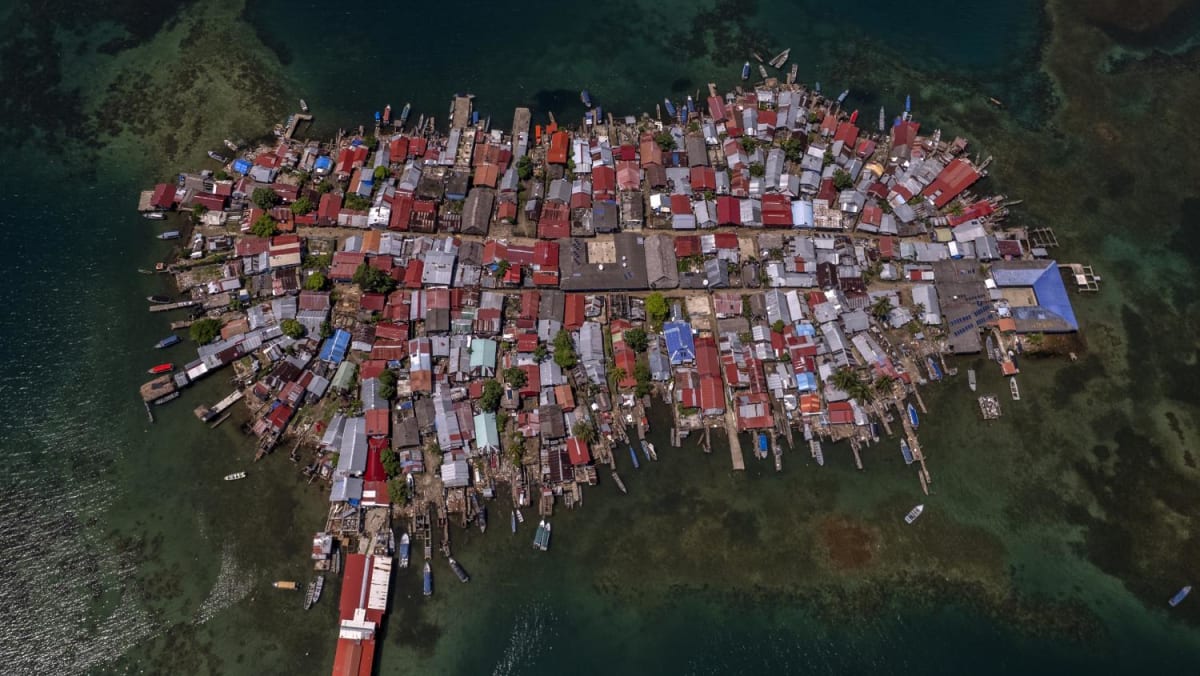
CARTI SUGTUPU (Panama) — On a tiny Caribbean island, hundreds of people are preparing to pack up and move to escape the rising waters threatening to engulf their already precarious homes.
Surrounded by idyllic clear waters, the densely populated island of Carti Sugtupu off Panama’s north coast has barely an inch to spare with houses crammed together — some jutting out into the sea on stilts.
The island’s indigenous community of fewer than 2,000 souls scrapes by without potable water or sanitation.
They live off fishing, the harvesting of starchy crops like cassava and plantain, traditional textile production and a bit of tourism.
It is not an easy life, with intense heat and a lack of public services adding to the discomfort of overcrowded conditions on an island the size of five football fields.
“We think we’re going to sink, we know it’s going to happen,” she said.
Ms Martinez is one of hundreds of inhabitants of the island expecting to move soon to a settlement on mainland Panama newly built by the government — a move that may save the islanders, but puts at risk their culture and way of life.
“This will change our lifestyle quite a bit,” said Martinez. But, she added, “it won’t change our spirit, it won’t change our habits”.
“The fact is that with sea levels rising as a direct cause of climate change, almost all the islands are going to be abandoned by the end of this century,” Dr Steven Paton, a scientist at the Panama-based Smithsonian Tropical Research Institute, told AFP.
After years of promises and delays, the government has announced that by the end of this year or early 2024 it will be ready to move families to the mainland, a 15-minute boat ride away, where it has built a new neighbourhood that includes a school.
“We are building 300 homes for 300 families, with an average of five people per family,” Mr Marcos Suira, national director of engineering and architecture at the Ministry of Housing and Territorial Planning, told AFP.
“It’s a pilot plan.”
Each family will have 300sqm, including a two-bedroom house, drinking water and electricity, according to the government.